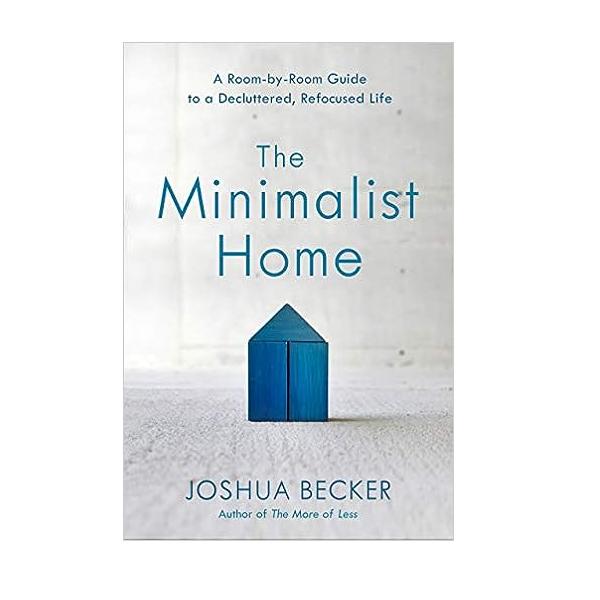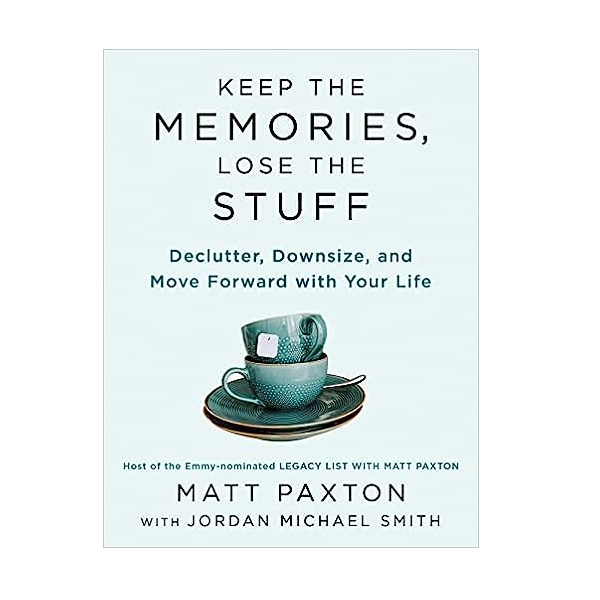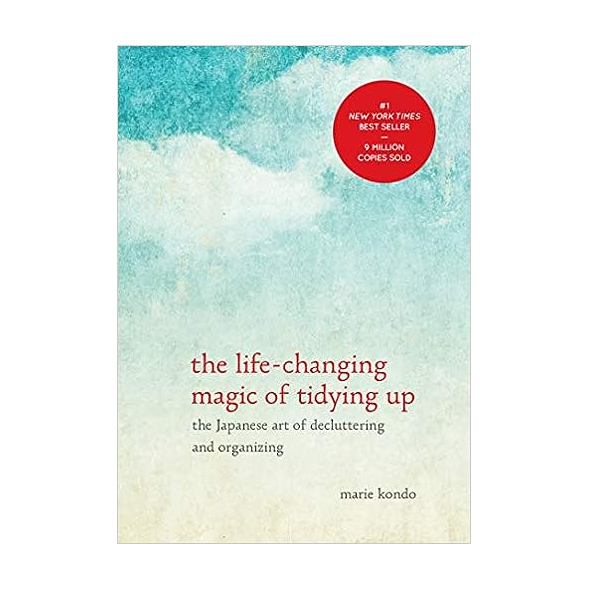How to avoid 'analysis paralysis' – 5 tricks to help you make more confident decluttering decisions
Are you plagued by indecision when decluttering? Try these expert-approved tricks for faster, more efficient decision-making


Analysis paralysis might be fun to say, but it's certainly not fun to experience. Of course, it's a term you hear commonly used in decluttering contexts - many of us find ourselves mulling over every possible scenario that justifies holding on to something, slowing you down and making it much harder to let go. Luckily though, professionals have a few tricks up their sleeves to help you overcome it.
How many times have you found yourself plagued by indecision when decluttering your home? Analyzing every possible situation in which you'd need a certain item (that you actually don't) is the reality for many of us. Will I regret getting rid of it? Will I need it again? What if the person who gifted it to me is offended that I no longer have it? These are all common questions, and typically ones we don't have answers to, so it's no use agonizing over them in the first place.
The issue is, life isn't quite as easy as simply not considering such things at all. We're all trying to be more sustainably conscious, we all put value on our belongings, and we all get sentimental at times. According to professional declutterers, the trick is to set yourself some clear targets and apply strict rules that compel us to make confident decisions about what we can afford to lose. Here are five you can adopt today.
What is analysis paralysis?
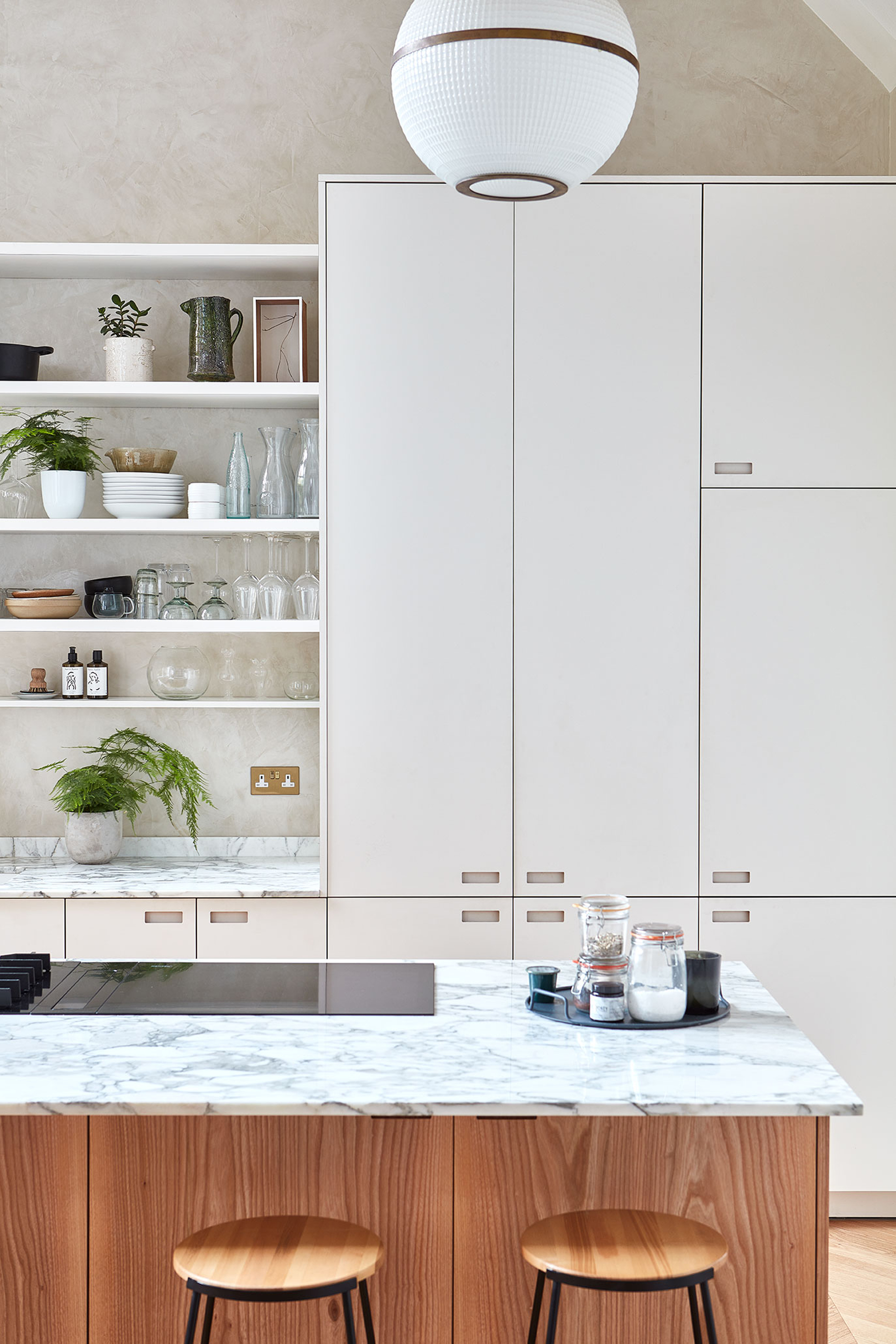
Analysis paralysis is more than just a funky rhyme. In fact, it's a pretty debilitating phenomenon in which you're unable to make any decisions due to overthinking a problem or situation. As Julie Peak, professional organizer at The Precise Place explains: 'Having too many options while decluttering can make it difficult to make a decision. The more you overthink, the less you do.'
Unsurprisingly, it's a common problem when people start decluttering. 'In decluttering scenarios, analysis paralysis refers to the state of overthinking a decision to the point that no action is taken, leading to stagnation,' explains Aaron Traub, owner of Nola Organizers. 'It's a common experience because letting go of one's items can be an emotional process.'
If you find yourself relating to such experiences, you're definitely not alone. 'Many of my clients fear making the wrong choice, immobilizing their decision-making process,' Aaron continues. 'For example, they might ponder whether to keep an item for potential future use or out of sentimental value, and this overthinking can often stop the entire decluttering process.'
What causes analysis paralysis?
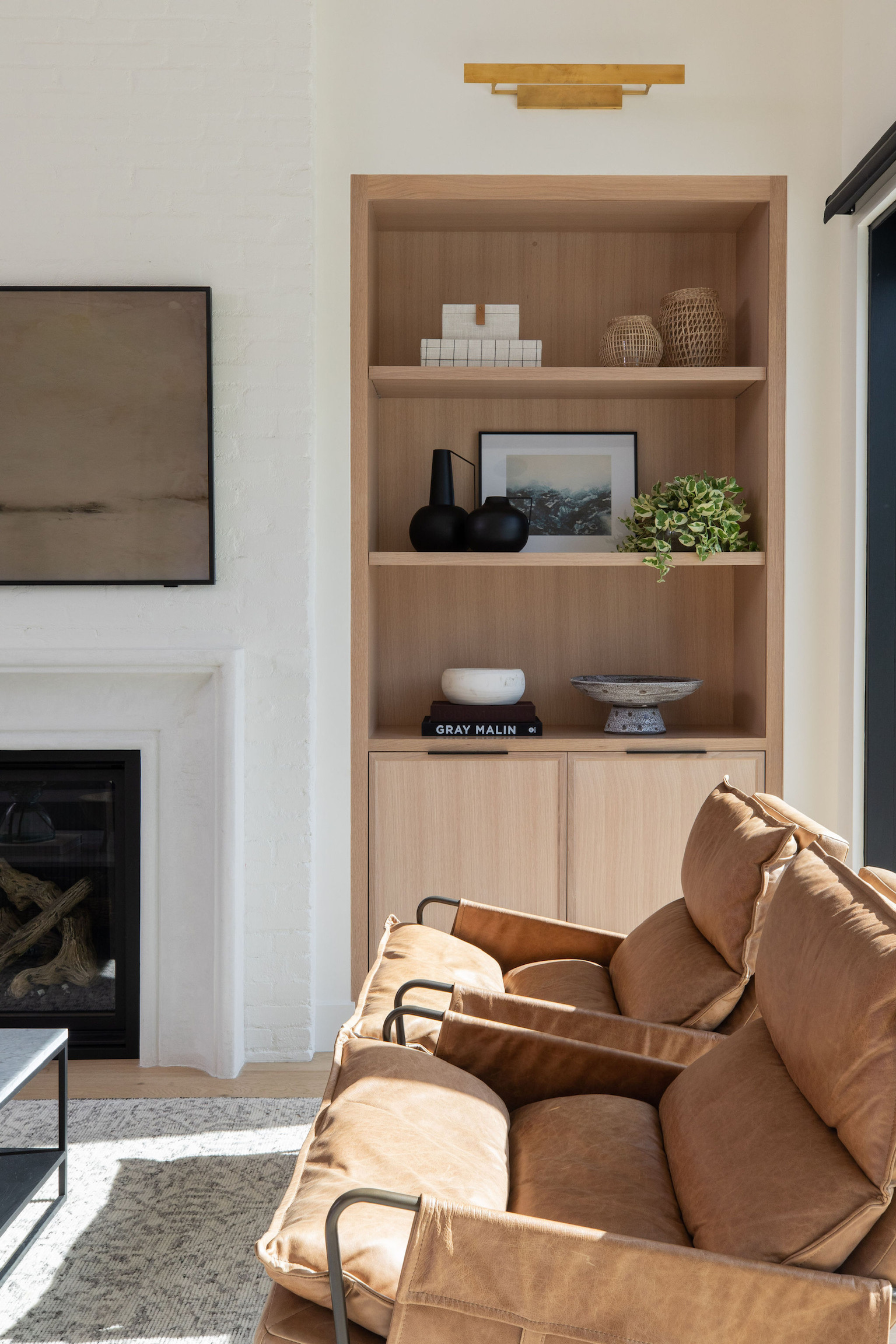
A great deal of the psychology behind analysis paralysis really just comes down to human instinct and our ability to reason. As mentioned, we value our things, and we always want to be prepared for a situation in which we might need or want a certain item.
That said, through his experience as a decluttering expert, Aaron has identified a few underlying causes for analysis paralysis that particularly relate to decluttering, the first being emotional attachment. 'Items often carry sentimental value or memories,' he explains. 'Deciding to let go becomes a scuffle between emotions and practicality likely amongst family members.'
Another common cause is the fear of regret. According to Aaron, many of his clients fear that once an item is gone, they'll regret their decision later, especially if it is perceived as valuable or hard to replace. Naturally, this gives us a reason to hold on to something. 'The other cause I often see is an overwhelming number of choices,' notes Aaron. 'Sometimes, just the sheer volume of decisions to be made can be paralyzing and so, when every item in a room requires a decision, it can be daunting.' As Aaron goes on to explain, this is why establishing where to start decluttering is so important.
How to overcome analysis paralysis while decluttering
When you're decluttering it's easy to be overwhelmed by the number of decisions you have to make. To help give you confidence in your decision-making skills it helps to have a rulebook to refer to, or some tried and tested approaches that make the task easier. We've rounded up five expert-approved decluttering tips here that will put an end to your overanalyzing.
1. Have a plan of action
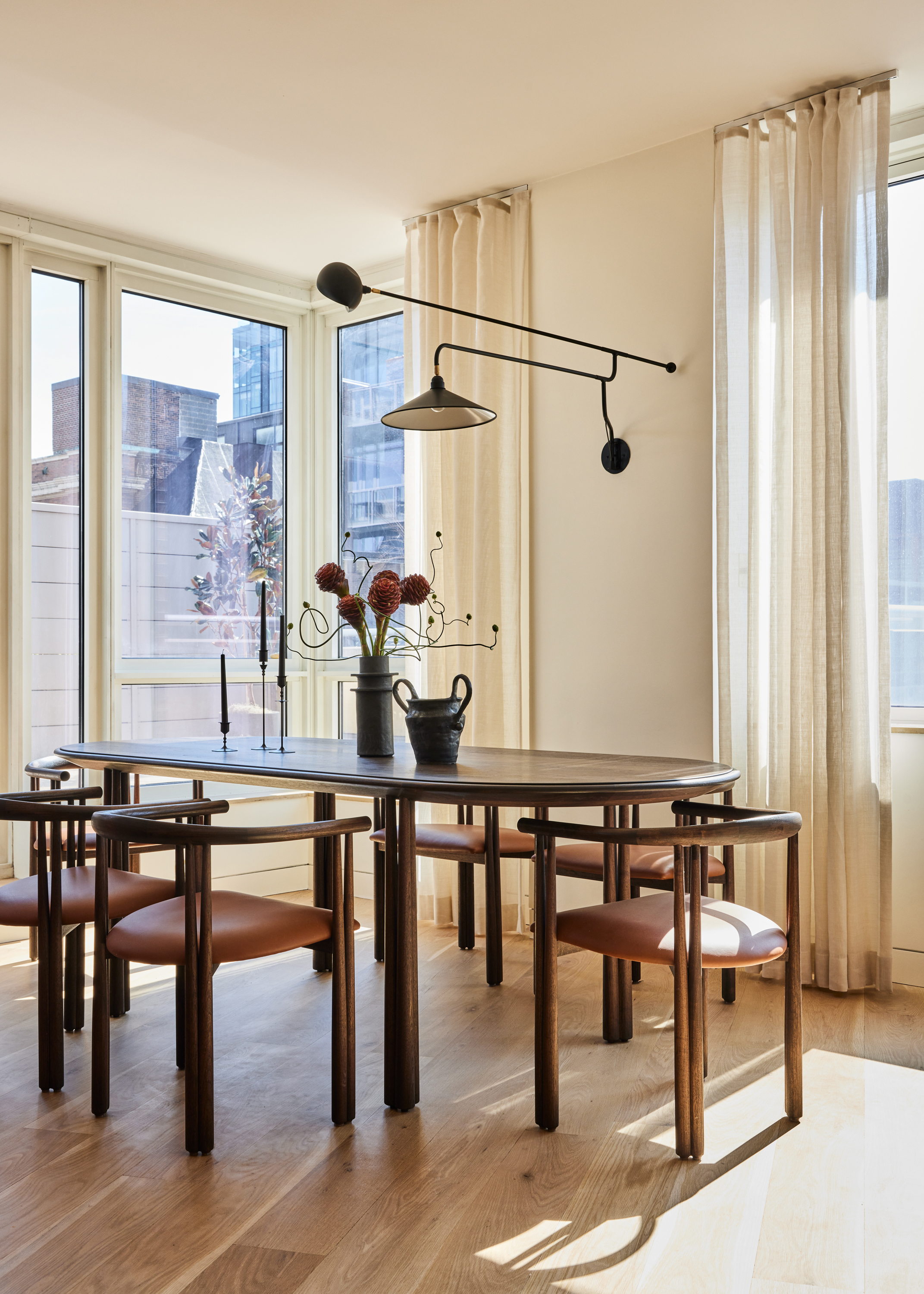
As with any task in life, decluttering will be ten times easier with a proper plan of action, and a great way to start is by setting a target of what, or how much stuff, you want to part with. Jule is a big advocate for this. 'Creating a goal or objective and revisiting it when you start overthinking or analyzing too much can be a huge help,' she says. To stick to your goal, it's also worth writing up a list of decluttering resolutions to prevent a future build-up of stuff.
Aaron firmly agrees. 'When embarking on a decluttering journey, understanding the desired outcome and what you hope to achieve can be the guiding light that cuts through indecision,' he says. 'It's also helpful to have criteria to determine what makes an item worth keeping, whether its utility, frequency of use, or sentimental value.' But, as he rightly points out, it's important to make sure your expectations are realistic.
As Aaron goes on to explain, visualization also plays a pivotal role. 'Picturing the end goal can provide clarity and motivation to make decisions,' he notes. He also recommends having a family member, friend, or trusted professional on hand to help with the decision-making process. After all, sometimes we all need a voice of reason that's not our own.
2. Use predetermined questions to guide decisions
Rather than ponder over a million and one questions and every potential outcome you can think of, go into your decluttering task with a select few predetermined questions instead. Not only will sticking to set questions make it quicker to decluter, but it will also reduce the chances of you suffering with decision fatigue during the task.
'These help to guide your decisions and avoid ambiguity,' explains Julie. 'If you answer "no" to any of the questions, then the item is clutter and should be discarded or donated.' Some questions she suggests are 'Does it fit?', 'Have I used the item in the past 6 months or year?', 'Is this item easy to replace if I need it again in the future?'
If you're still stumped on whether to keep or let go of something, Julie has another question that can act as your deciding factor. 'Ask yourself "What is the worst thing that could happen if you made the wrong decision?",' she says. 'This can help you confront any underlying fears you have about making the wrong decision. 'As a follow-up, ask yourself "Is this fear Fact or Fiction?"' As she rightly notes, a lot of our fears about no longer having something are totally baseless, and realizing this can be key to letting go for good.
3. Limit your decision making time

The gamification of decluttering is a common ploy used by professionals, and setting strict time restrictions is one trick that many depend on. 'If a choice isn't made within your set timeframe, move on and reevaluate later,' says Aaron.
Remember that you can be kind to yourself, you don't need to throw something away if you haven't made a decision within your set time. 'A strategy that works nicely with this approach is the 'Maybe' box,' says Aaron. 'If you can't decide on a specific item, place them in this box to revisit later.'
For a super speedy process, we love the three-second rule. While it might sound ruthless, there's a degree of value to be held in fast decision-making since it all stems from confidence. As Julie says: Don't underestimate your intuition. Trust your gut and make decisions quickly.'
4. Apply the one year rule
While this acts as another question to add to your predetermined question bank, we thought it deserves a special mention. The One-Year-Rule is a popular litmus test that decluttering experts teach their clients. 'Essentially, if you haven't used or worn an item in the past year, it's a strong indicator that you can live without it,' says Aaron.
Of course, there will be certain exceptions to this rule. For example, holiday decorations and keepsakes won't apply since they're either used infrequently or kept for their personal value. You also don't 'use' the decorative items on your shelves, but they contribute to your decor nonetheless. Basically, you don't have to get rid of things if they still hold value to you. If you like this idea but want to make it more challenging, you can also try the six-month rule which follows the same format but shortens the length of time you use as the decisive factor.
5. Get items out the home as soon as you've finished
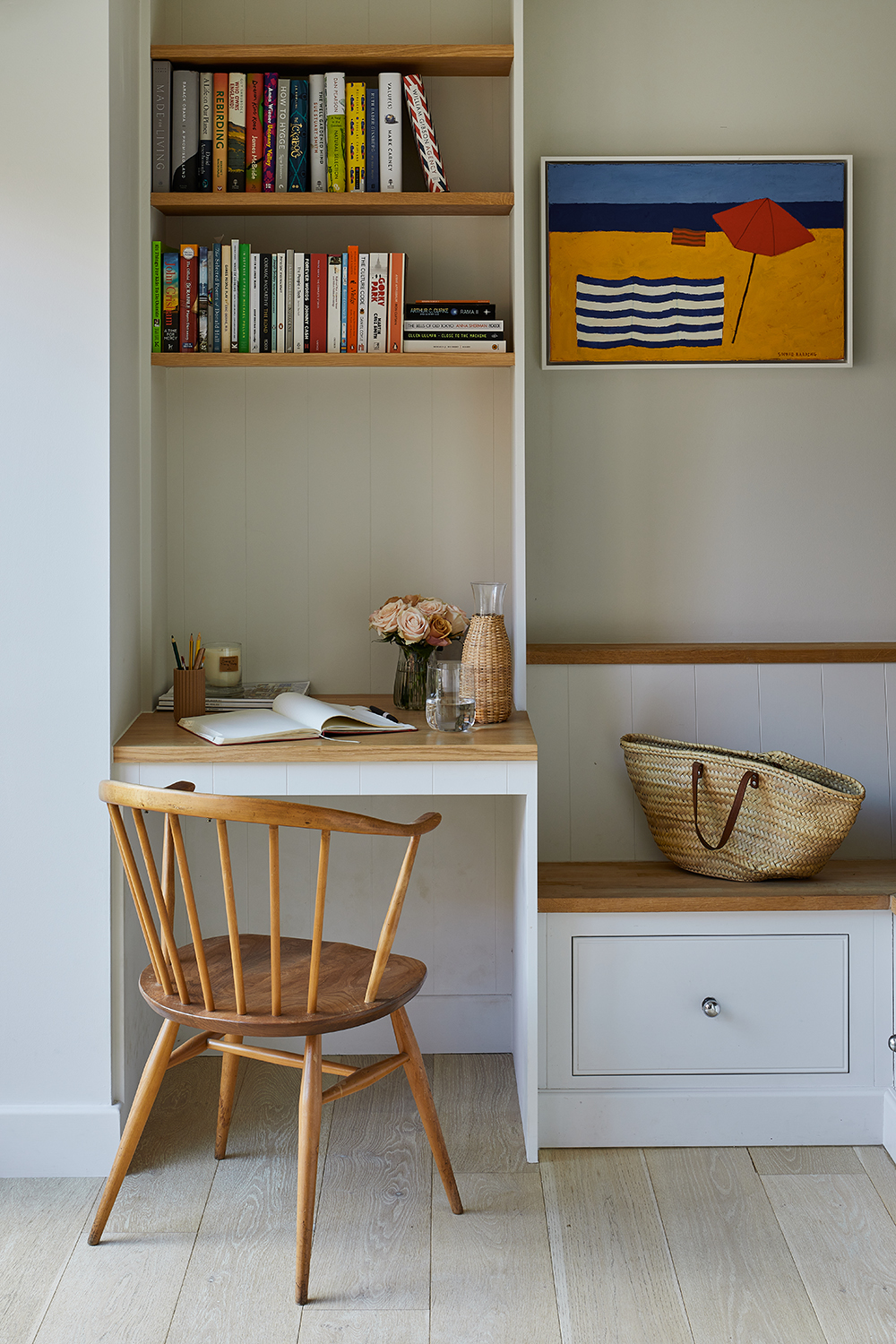
Last but not least, you should ensure the items you decide to throw or donate leave your house as soon as you're done decluttering. Otherwise, given half a chance, you'll end up backtracking on your earlier decision, running to your entryway, and fishing out whatever it is you've now decided to keep.
'When I begin decluttering with a client, I create boxes or bags labeled "trash" and "donate",' says Aaron. 'Once filled, we immediately move them outside or out of the way to avoid clutter and overwhelm.' Following this, you should take them to the donation point or dump as soon as you're able or, better still, get someone else to do it for you.
On a similar note, when deciding what to do with items you no longer want, Julie advises that you keep it simple. 'Pick one donation location that accepts all donations and don't worry about trying to sell your items,' she says. 'The money you spent on the item has already been used, so it's time to move on and not dwell on it.' Plus, the longer the item is in your possession, the more likely you are to decide to keep it.
Remember, as both Julie and Aaron note, decluttering is a journey and not a destination. Reducing your clutter in one fell swoop might not be possible, but these five trick are sure to help you on your way.
Be The First To Know
The Livingetc newsletters are your inside source for what’s shaping interiors now - and what’s next. Discover trend forecasts, smart style ideas, and curated shopping inspiration that brings design to life. Subscribe today and stay ahead of the curve.

Lilith Hudson is a freelance writer and regular contributor to Livingetc. She holds an MA in Magazine Journalism from City, University of London, and has written for various titles including Homes & Gardens, House Beautiful, Advnture, the Saturday Times Magazine, Evening Standard, DJ Mag, Metro, and The Simple Things Magazine.
Prior to going freelance, Lilith was the News and Trends Editor at Livingetc. It was a role that helped her develop a keen eye for spotting all the latest micro-trends, interior hacks, and viral decor must-haves you need in your home. With a constant ear to the ground on the design scene, she's ahead of the curve when it comes to the latest color that's sweeping interiors or the hot new style to decorate our homes.
-
 These Are the Flower Crowns I’m Wearing This Spring (Spoiler: They’re Actually for My Door)
These Are the Flower Crowns I’m Wearing This Spring (Spoiler: They’re Actually for My Door)Coachella confirmed the comeback of flower crowns. At home, they just go by another name: the spring wreath
By Julia Demer
-
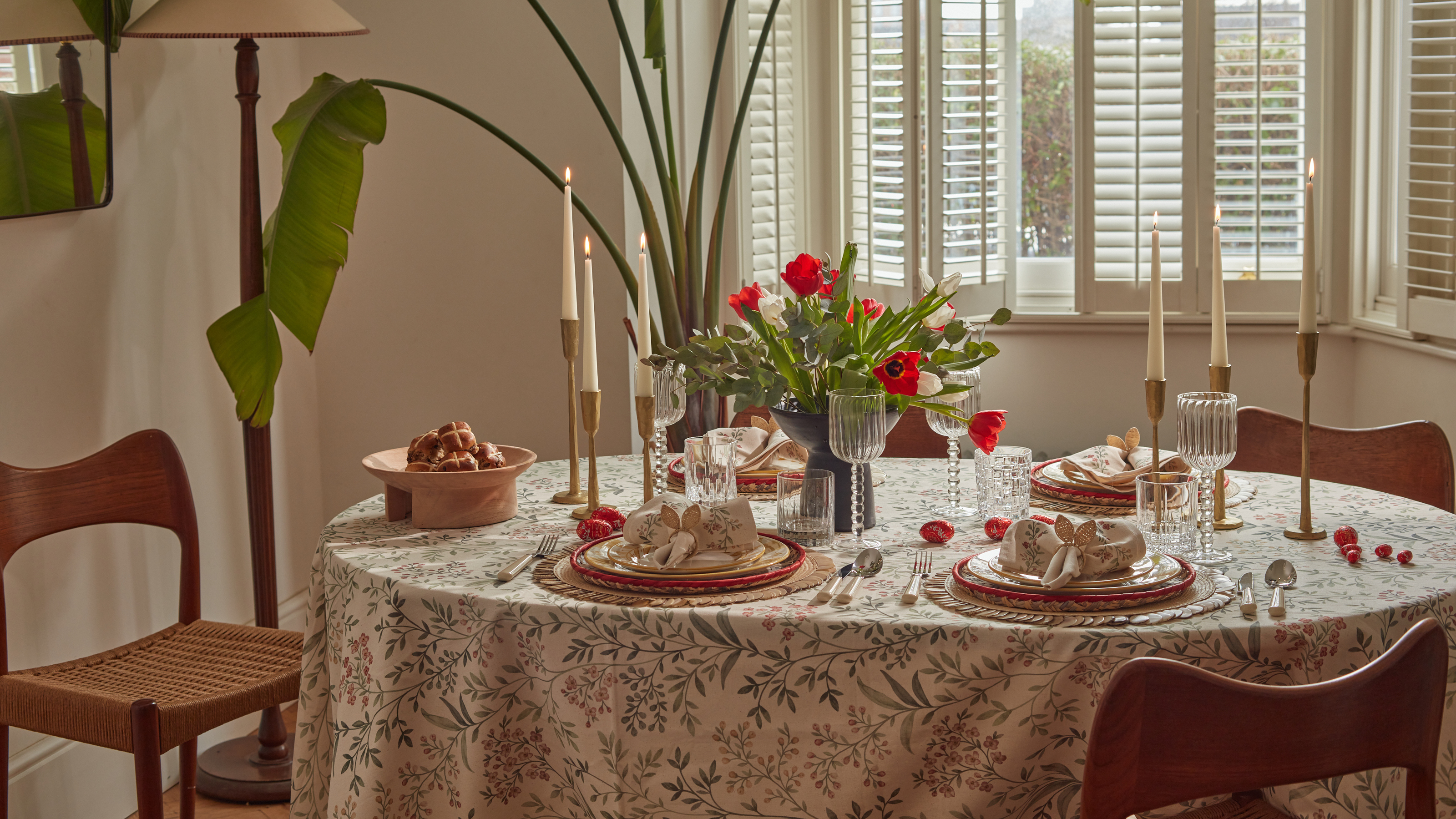 Bunny Ears, Be Gone — 7 Easter Table Styling Mistakes That Will Take Your Setting from Tawdry to Tasteful
Bunny Ears, Be Gone — 7 Easter Table Styling Mistakes That Will Take Your Setting from Tawdry to TastefulFrom fussy floral displays that disrupt conversation to over-relying on tacky tropes, don't fall victim to these errors when decorating your Easter table
By Lilith Hudson
